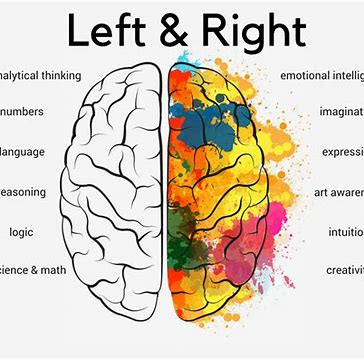10 Points of Leadership
Leadership isn't about wielding authority; it's about cultivating influence and inspiring action. It's a multifaceted skill set, honed over time with dedication and self-awareness. Here are 10 key points that form a strong foundation for effective leadership:
Rita Stewart
2/5/20251 min read


Developing Communications: Speaking in class helps develop public speaking skills and comfort with expressing oneself.
Integrity: Being true to one's word, with a "yes" meaning yes and a "no" meaning no.
Completing Instructions: Emphasizes the importance of listening for clarity, asking questions when needed, and completing tasks as required.
Responsibility: Entails responding as needed, adjusting one's attitude to achieve the desired outcome, and following through on commitments.
Accountability: Involves being able to handle criticism, working to be present, and requesting feedback.
No Excuses: Focuses on achieving results, managing time, and prioritizing tasks.
Supporting Others: Encourages participants to check on their buddies and ensure everyone in the course is understanding the material.
Being on Time: Involves staying on top of one's schedule, adjusting to requirements, and delegating or making requests when running late.
Reliability: Being dependable, not disappearing, and disciplining laziness.
Being Trustworthy: This involves self-reflection, honesty with oneself and others, and not fearing mistakes.
These points are designed to be integrated into daily activities, ensuring that learning happens both inside and outside the classroom. The "wax on, wax off" approach is used to mirror the learning process in the movie "Karate Kid," where seemingly mundane tasks become essential for developing skills and abilities.







